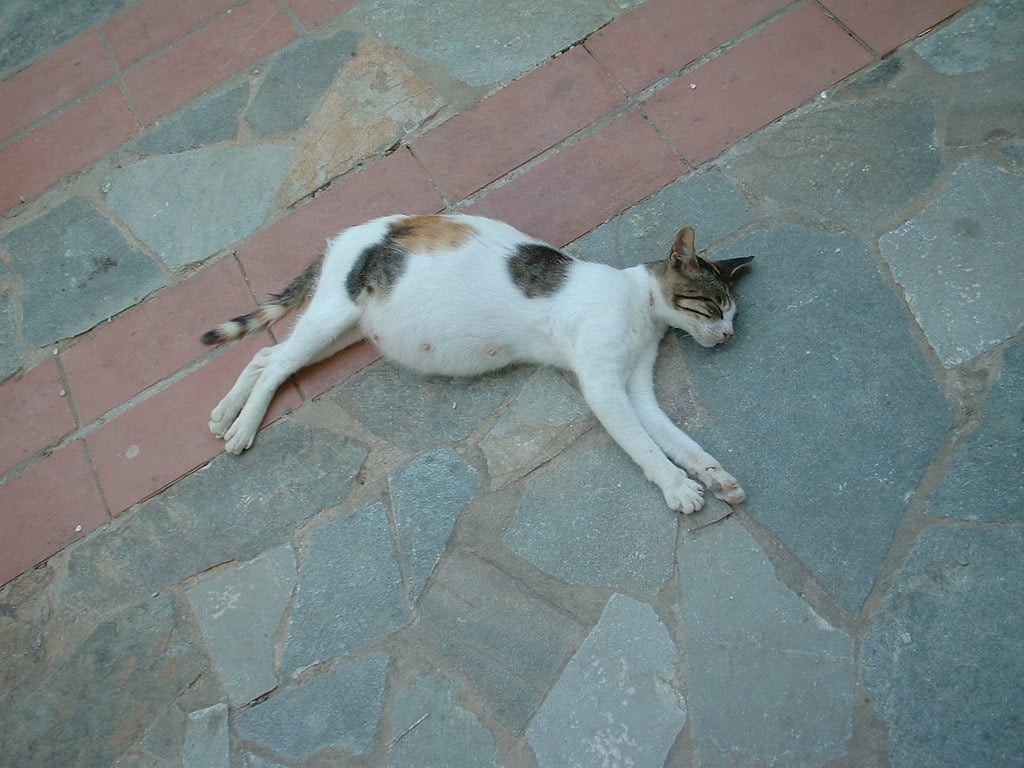Learn how long are cats pregnant and identify the signs your cat is expecting. Get practical advice to ensure a safe and healthy experience for your pet.
Introduction
Cats are captivating creatures, and when your feline friend is expecting, the excitement of impending kittens adds an extra layer of joy. Understanding the timeline of a cat’s pregnancy and recognizing the signs can help you provide the best care possible. Let’s explore how long cats are pregnant and what signals indicate your cat is about to welcome her litter.
How Long Are Cats Pregnant?
The gestation period for cats typically lasts between 63 and 67 days. While this range is standard, some cats may deliver a little earlier or later, depending on various factors such as age, health, and breed. This two-month journey is divided into stages, each marked by fascinating changes in your cat’s body and behavior.
During the first few weeks, changes might be subtle, but by the third week, noticeable physical and behavioral signs emerge. By understanding the timeline, you can anticipate each stage of your cat’s pregnancy with confidence.
Signs Your Cat Is Expecting
- Behavioral Changes
Expectant cats often exhibit shifts in their behavior. Your cat might seek more affection, becoming unusually clingy, or, conversely, she might prefer solitude. This is her way of preparing mentally for the upcoming responsibility of motherhood.
Nesting behavior is another telltale sign. Your cat may start searching for a quiet, secure spot to give birth. If you notice her frequently retreating to hidden corners or rearranging soft materials, she’s likely creating a safe haven for her kittens. - Physical Indicators
Around the third week of pregnancy, your cat’s nipples will become more prominent and pinker—a phenomenon known as “pinking up.” This is one of the earliest visible signs of pregnancy.
As the pregnancy progresses, her abdomen will noticeably enlarge. By the sixth week, her growing belly will be hard to miss. However, avoid pressing or poking her abdomen as this can harm the developing kittens. - Appetite Changes
A pregnant cat often has an increased appetite as her body works to nourish both herself and her kittens. You might notice her eating more than usual or requesting food more frequently. Providing a nutrient-rich diet is essential during this period to support her health and the growth of her kittens. - Decreased Activity Levels
As the pregnancy progresses, your cat may become less active. Her energy reserves will naturally shift towards supporting her pregnancy. Don’t be alarmed if she spends more time resting—it’s her way of conserving energy for the big day.
Caring for Your Pregnant Cat - Providing Proper Nutrition
Feed your cat high-quality, protein-rich food designed for pregnant or nursing cats. Her nutritional needs will increase during pregnancy, so ensure she has access to ample food and fresh water at all times. - Veterinary Care
Regular vet check-ups are crucial to monitor the health of your cat and her kittens. Your vet can confirm the pregnancy through an ultrasound or palpation and ensure there are no complications. - Preparing a Safe Space
Create a comfortable, quiet area for your cat to give birth. Use soft blankets or towels in a box or secluded space where she feels secure. Introduce her to this space early so she becomes accustomed to it.
Conclusion
Pregnancy in cats is a remarkable process that requires attentive care and preparation. By understanding how long cats are pregnant and identifying the signs of pregnancy, you can ensure a smooth experience for your feline friend. With love, patience, and the right support, you’ll soon welcome a delightful litter of kittens into your home.

